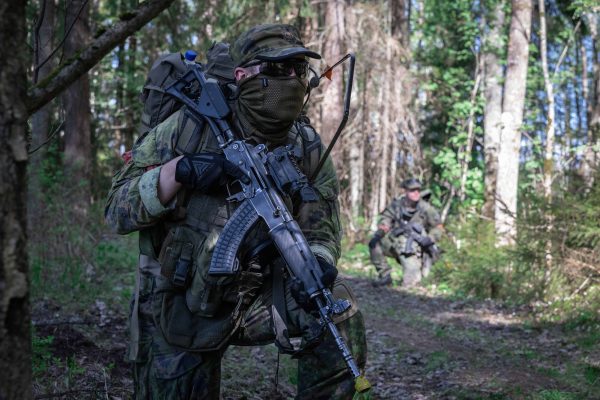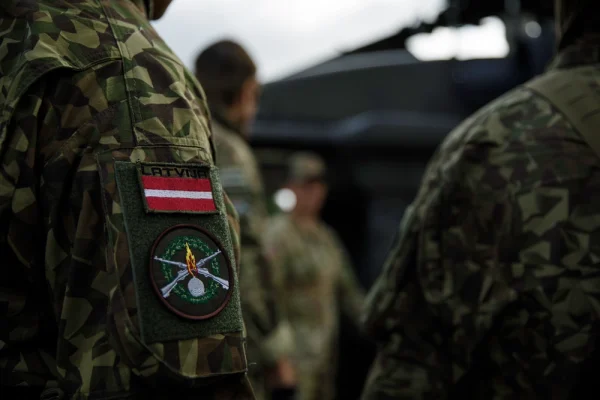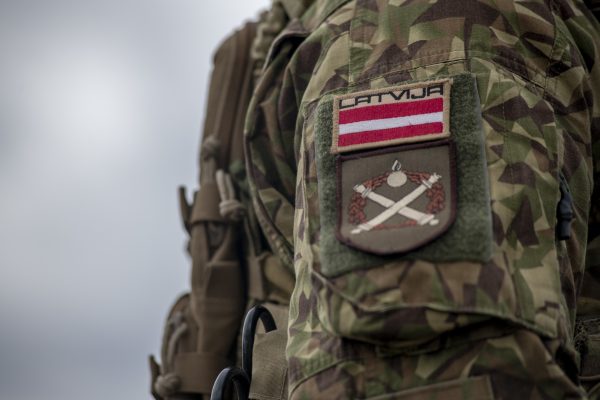Event Overview
The Baltic Response to the COVID-19 Crisis.
On Tuesday, March 31, CEPA hosted a virtual panel discussion on how the Baltic countries are dealing with coronavirus crisis, featuring insights from Ambassador Rolandas Kriščiūnas, from the Embassy of Lithuania to the United States, Ambassador Māris Selga, from the Embassy of Latvia to the United States, and Ambassador Jonatan Vseviov, from the Embassy of Estonia to the United States. The conversation was moderated by CEPA Executive Vice President Réka Szemerkényi.
As the pandemic continues to spread, governments are striving to provide security and resources to their citizens. Cases are rising throughout the transatlantic community as governments implement policies aimed at containing the proliferation of the virus. Tensions caused by the outbreak were compounded by the uncoordinated national responses that restricted homeward travel for a significant number of citizens. Facing these pressures, the Baltic governments opted to strengthen regional and transatlantic cooperation to increase effectiveness. Baltic societies and private businesses are as proactive as ever, coming together in unity and solidarity, demonstrating their resolve and persistence in the face of adversity, and providing a model for other countries to emulate.
Despite these examples of Baltic cooperation, Russia and China are exploiting the situation for geopolitical gain. Some transatlantic leaders and experts fear that incoming aid from China is a Trojan horse, and far from being humanitarian aid, it is playing on vulnerabilities at a time of weakened defenses. Additionally, disinformation from both Russia and China about the coronavirus is infecting the information space. The Baltics have proven their resilience toward these tactics in the past, but these new challenges are proving unprecedented.
During the discussion, panelists considered: will the combination of internal and external pressures overpower Baltic commitment to coordination and lower the level of resilience; what are the strengths and weaknesses of democracies on display as the disease spreads; how can the West learn from "peacetime" disinformation resilience and apply this to our new reality; and how can the transatlantic community work together to mitigate both the impact of the pandemic and the spread of disinformation and malign influence?




